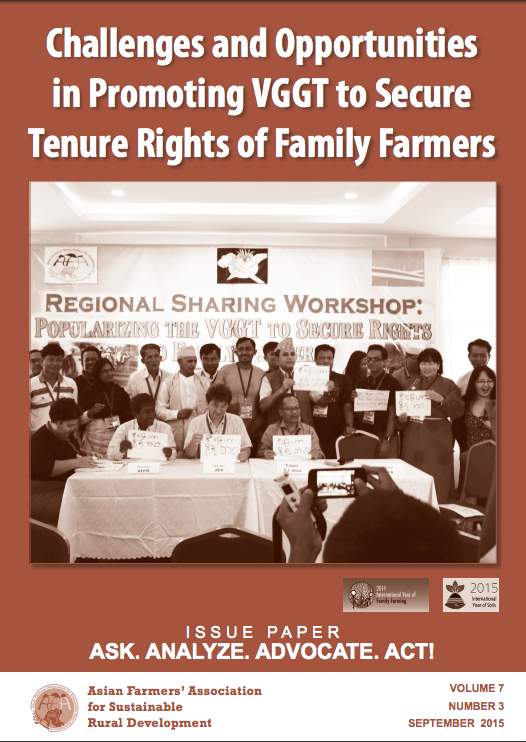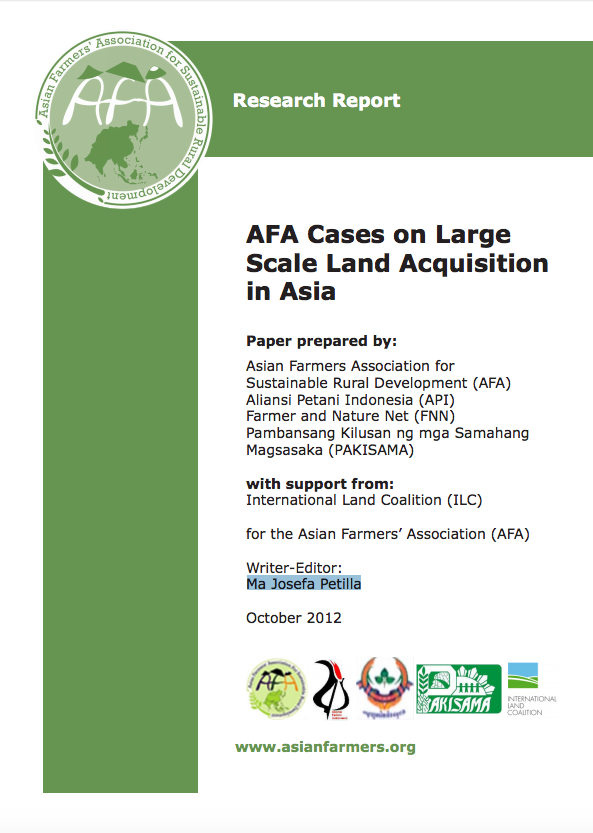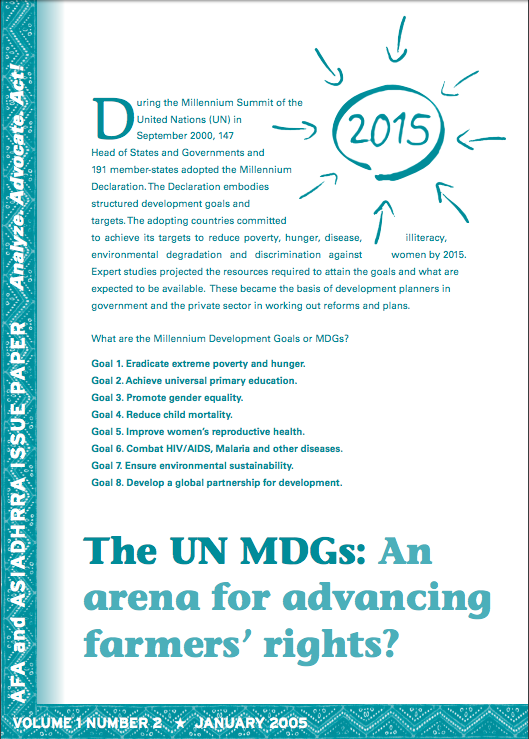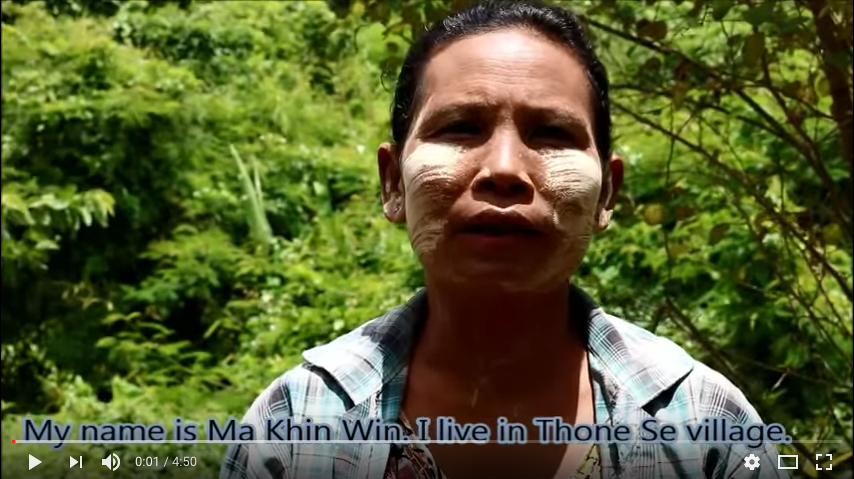Rights Razed: Forced evictions in Cambodia
ABSTRACTED FROM THE INTRODUCTION: This report shows how, contrary to Cambodia’s obligations under international human rights law, those affected by evictions have had no opportunity for genuine participation and consultation beforehand. Information on planned evictions and on resettlement packages has often been incomplete and inaccurate, undermining the right to information of those affected.









